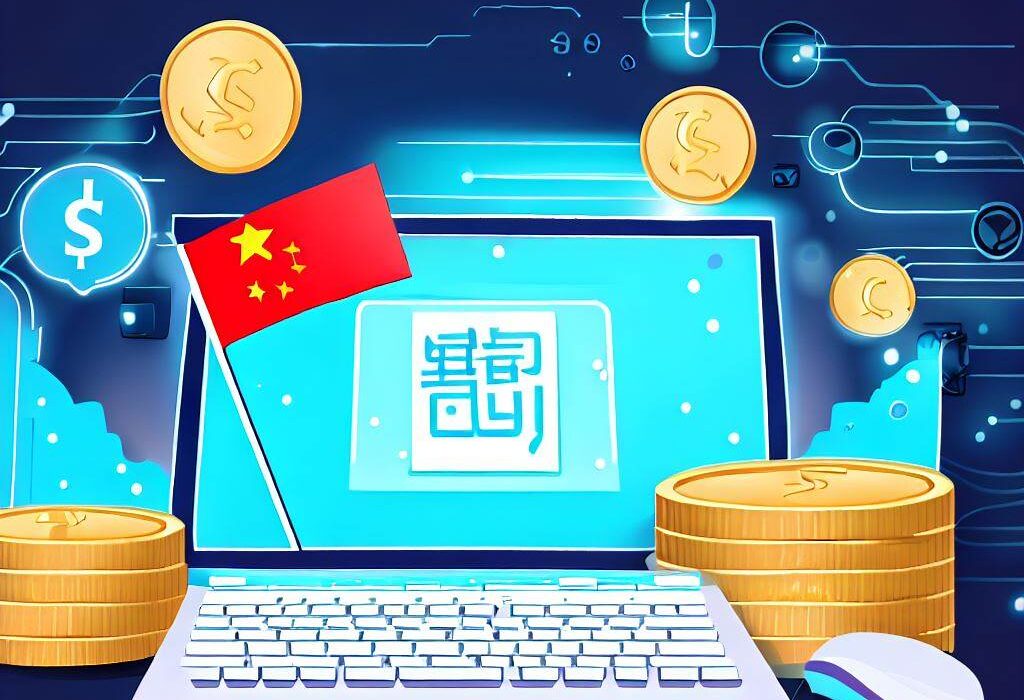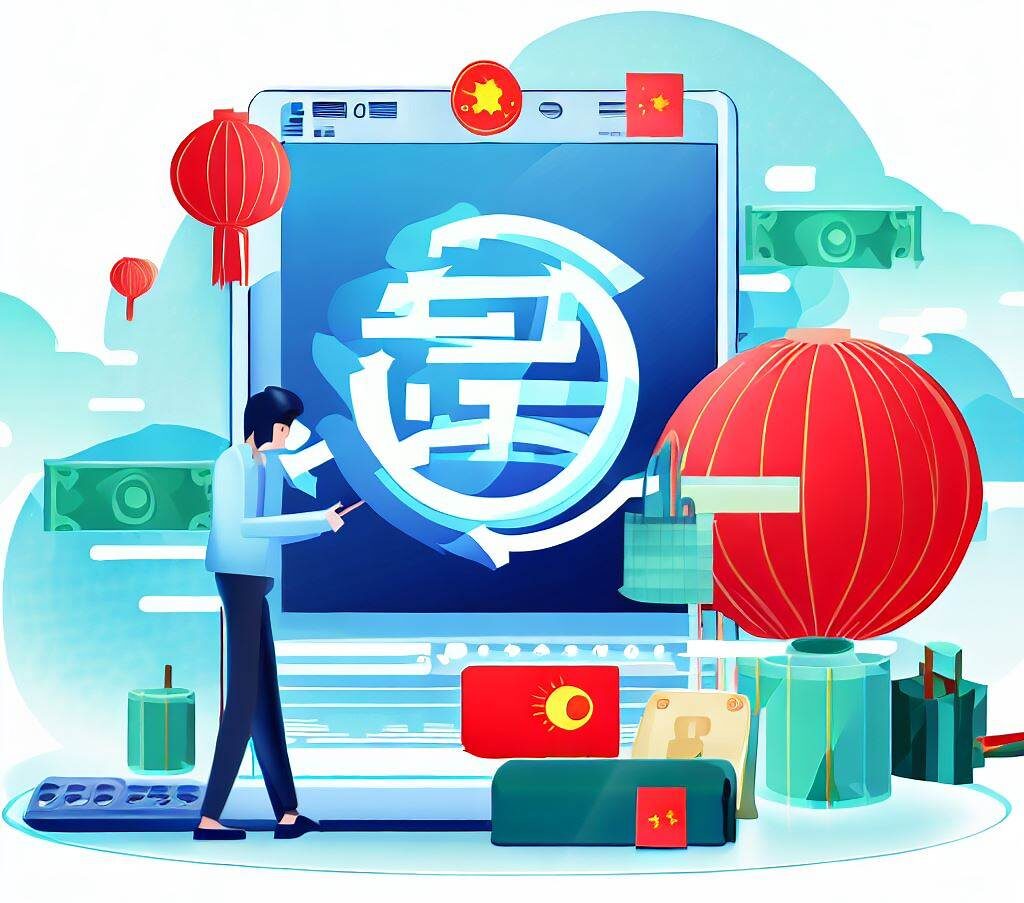Exploring China’s Largest Payment Channels

Exploring China’s Largest Payment Channels
China has become a global leader in digital payments, with a rapidly expanding digital economy and a tech-savvy population embracing cashless transactions. The country’s shift from traditional payment methods to mobile payment platforms has been nothing short of revolutionary. In this article, we are exploring China’s largest payment channels, showcasing the innovative platforms that have reshaped the way financial transactions are conducted.
Alipay, operated by Ant Group, is undoubtedly one of the most prominent payment channels in China. Launched in 2004, it has grown to become the go-to digital wallet for millions of Chinese consumers. Alipay offers a comprehensive range of services, including peer-to-peer transfers, bill payments, online and offline purchases, and even investments and insurance options. With its user-friendly interface, secure transactions, and widespread acceptance in various sectors, Alipay has become an integral part of everyday life in China.
WeChat Pay, developed by Tencent, has achieved remarkable success since its launch in 2013. Integrated into the immensely popular messaging app WeChat, WeChat Pay has gained a massive user base and transformed the way people conduct financial transactions. By leveraging the extensive network of WeChat users, WeChat Pay enables seamless person-to-person transfers, in-store and online purchases, bill payments, and even transportation services. Its integration with WeChat’s social features has created a vibrant ecosystem that extends beyond mere transactions.
UnionPay is China’s national bank card payment network, providing a vital link between Chinese consumers, merchants, and banks. Established in 2002, UnionPay operates an extensive network of ATMs and point-of-sale terminals, enabling card-based payments both within China and internationally. UnionPay cards, including debit and credit cards, have become widely accepted and are an essential payment method for both domestic and cross-border transactions. UnionPay’s partnership with various payment platforms has further expanded its reach and influence in the digital payments landscape.
JD Pay, a subsidiary of JD.com, China’s leading e-commerce platform, has emerged as a significant player in the country’s digital payment ecosystem. Initially developed to facilitate payments within the JD.com platform, JD Pay has expanded to become a standalone mobile payment solution. It offers a range of services, including online and offline payments, person-to-person transfers, bill payments, and more. The seamless integration with JD.com’s e-commerce infrastructure provides users with a convenient and trusted payment experience.
Baidu Wallet, operated by China’s dominant search engine Baidu, has gained substantial popularity as a digital payment channel. Launched in 2014, Baidu Wallet allows users to make payments within Baidu’s ecosystem, covering a wide range of services such as online shopping, bill payments, transportation, and even offline merchant payments. The integration with Baidu’s extensive platform, including its search engine and map services, has enabled Baidu Wallet to cater to diverse user needs and solidify its position in the digital payment market.

China’s payment landscape has experienced a monumental transformation with the rise of digital payment channels. Alipay and WeChat Pay have spearheaded this revolution, making mobile payments an integral part of daily life for Chinese consumers. Meanwhile, UnionPay continues to play a crucial role in facilitating card-based transactions, both domestically and internationally. JD Pay and Baidu Wallet have also made substantial inroads, capitalizing on their respective platforms to offer users a seamless payment experience.
As China continues to lead the world in digital payments, these payment channels will likely evolve further, incorporating innovative features such as biometric authentication, expanded financial s ervices, and enhanced cross-border capabilities. The success ofthese payment channels can be attributed to their user-friendly interfaces, robust security measures, extensive merchant networks, and constant innovation to meet evolving consumer needs.
The dominance of these payment channels has also paved the way for other players in the market, both domestic and international, to collaborate and compete in China’s dynamic digital payment landscape. Companies such as Meituan, a leading online marketplace for services, and Didi Chuxing, the ride-hailing giant, have introduced their own payment solutions to cater to their vast user bases.
Furthermore, the Chinese government’s support and encouragement for digital payments have played a significant role in the widespread adoption of these platforms. Initiatives such as the promotion of QR code payments, the establishment of a standardized quick response code system, and the integration of digital payments in government services have created a favorable environment for the growth of these payment channels.
It is worth noting that China’s payment ecosystem is not limited to these channels alone. Other emerging players, such as Suning Pay, Meituan Pay, and Huawei Pay, are gradually gaining traction and expanding their presence in the market. These players leverage their existing customer base and partnerships to offer integrated solutions, ranging from online shopping and food delivery to transportation and financial services.
Looking ahead, China’s payment channels are likely to continue evolving, driven by advancements in technology, changing consumer behaviors, and regulatory developments. The integration of artificial intelligence, blockchain, and biometrics may further enhance security and convenience, while expanding the scope of financial services offered within these platforms.
As China’s largest payment channels continue to innovate and capture a larger share of the market, they are also exploring opportunities beyond national borders. Ant Group’s Alipay and Tencent’s WeChat Pay, in particular, have expanded their services to cater to Chinese tourists and international merchants, enabling seamless cross-border transactions.
In conclusion, China’s largest payment channels, including Alipay, WeChat Pay, UnionPay, JD Pay, and Baidu Wallet, have revolutionized the way financial transactions are conducted in the country. Their success is driven by their ability to offer convenience, security, and an extensive range of services to consumers. As digital payments become increasingly ingrained in everyday life, these payment channels will likely continue to shape China’s digital economy and serve as models for payment innovation globally.








